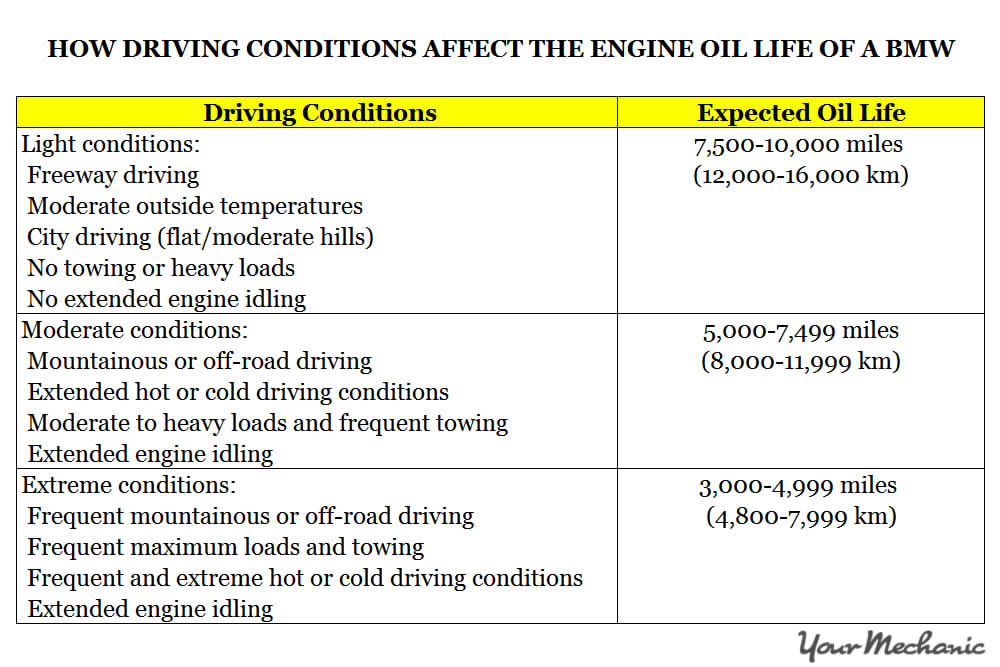How BMW’s Condition Based Servicing (CBS) system works and what to expect
BMW’s Condition Based Servicing (CBS) system actively monitors engine and other vehicle components for wear. This system monitors the oil life, cabin air filter, brake pad wear, condition of the brake fluid, spark plugs, and, with diesel engines, the diesel particulate filter.
If the BMW model is equipped with the iDrive on-board computer system, the number of miles before a certain service is due will be located on the lower central section of the dashboard when the vehicle is turned on. On other models, the service information will be located on the instrument panel.
The CBS system tracks oil life through mileage, the amount of fuel consumption, and information about oil quality from a sensor located in the oil pan. Certain driving habits can affect the life of the oil, as well as driving conditions such as temperature and driving terrain. Lighter, more moderate driving conditions and temperature will require less frequent oil changes and maintenance, while more severe driving conditions will require more frequent oil changes and maintenance. It is unclear whether the CBS system takes into account these factors, so it is important to be aware of this and to check your oil periodically, especially for older vehicles with higher mileage. Read the table below to help you determine oil life for your specific vehicle:

- Note: Engine oil life is dependent not only on the factors listed above, but also on your specific vehicle model, year, and what type of oil is recommended. Check the owner’s manual for more information about what oil is recommended for your vehicle, and don’t hesitate to get in touch with one of our experienced professionals for advice.

